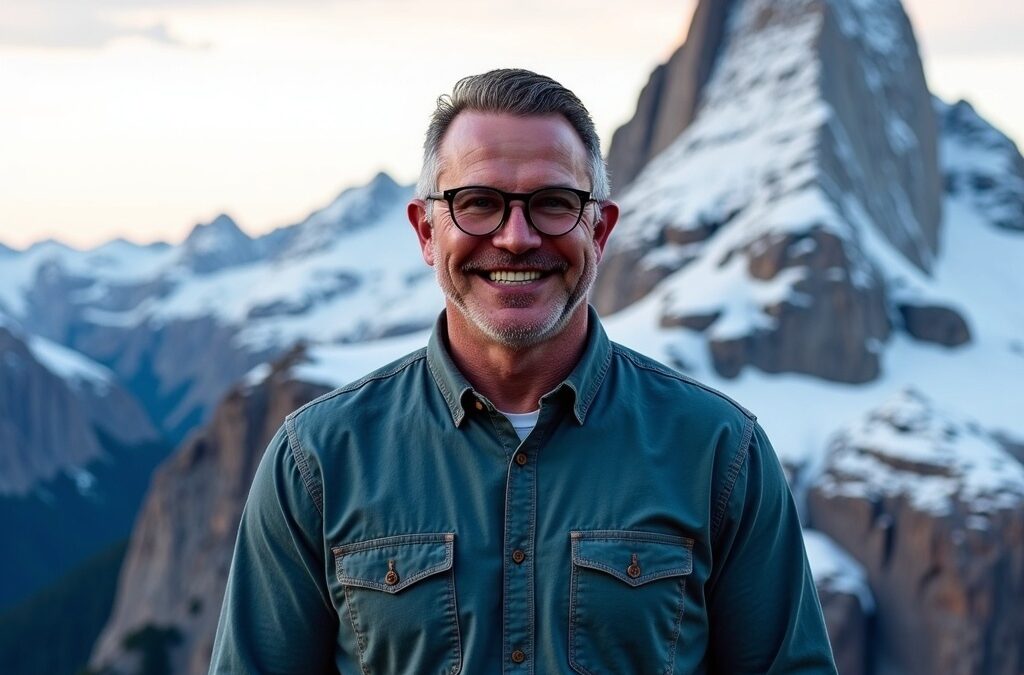By James C. Wittig, M.D.
When we talk about cancer, much of the conversation focuses on the fight itself, the diagnosis, the treatment, and the obstacles that must be faced head-on with courage and resilience. But what is often overlooked, and just as important, is what comes after: survivorship.
Survivorship is not simply about being alive after cancer; it is about learning to live again, to heal, and to rediscover joy after walking through the darkest of valleys. It is about the child who finishes chemotherapy and dares to dream again, the teenager who finds the courage to plan a future once thought impossible, the adult who lives with both scars and strength. Survivorship is the recognition that life after cancer is forever changed, but it can still be full, beautiful, and meaningful.
I have been blessed to witness this firsthand. As a surgeon specializing in orthopedic oncology, my mission has always been not only to save lives but also to preserve the quality of life. To help a child keep their arm, to help them walk again, to give them back the ability to run, play, and embrace the small miracles of everyday life—that is what survivorship means to me. It is not about simply removing a tumor; it is about restoring a future.
Yet survivorship is not without its burdens. The journey does not end when the last chemotherapy session is complete or when the scars have healed. Survivors carry with them physical challenges, emotional wounds, and sometimes an invisible weight of fear or trauma. Survivorship is the recognition that while the cancer fight may end, the healing journey continues.
I often think about the unspoken side of survivorship: the anxiety about recurrence, the difficulty in returning to “normal,” and the reality that many survivors live with long-term health issues. These challenges can be isolating if we do not acknowledge them openly. Survivorship is not just about survival; it is about ongoing support, compassion, and the reassurance that no one is alone in this journey.
That is why survivorship must be a cornerstone of how we view cancer care. It is not enough to celebrate the end of treatment; we must walk with survivors through the next steps of their lives. Whether that means providing access to ongoing medical care, counseling for PTSD, mentorship programs, or simply creating spaces where survivors can connect and share their patient stories, we must make survivorship visible.
To me, survivorship is hope in action. It is the reminder that out of suffering can come resilience, out of fear can come strength, and out of despair can come renewal. Survivors remind us of the extraordinary capacity of the human spirit to heal, to adapt, and to thrive.
Survivorship is not the final chapter of cancer; it is the beginning of a new story, one that deserves just as much care, love, and attention as the battle that came before.
Originally published on Empathy Innovations Foundation.



